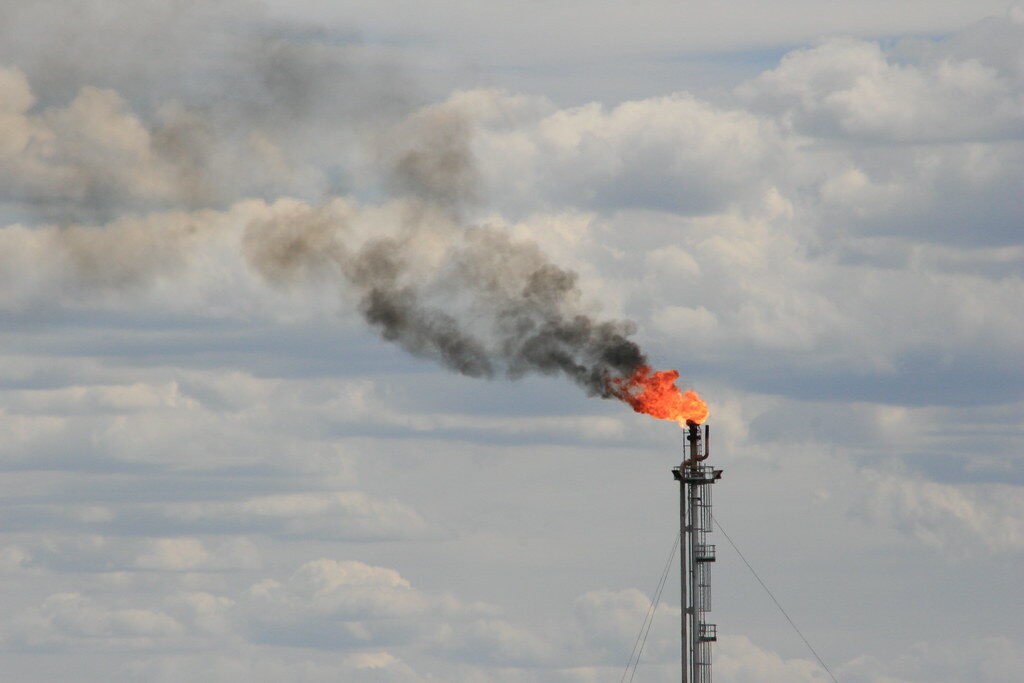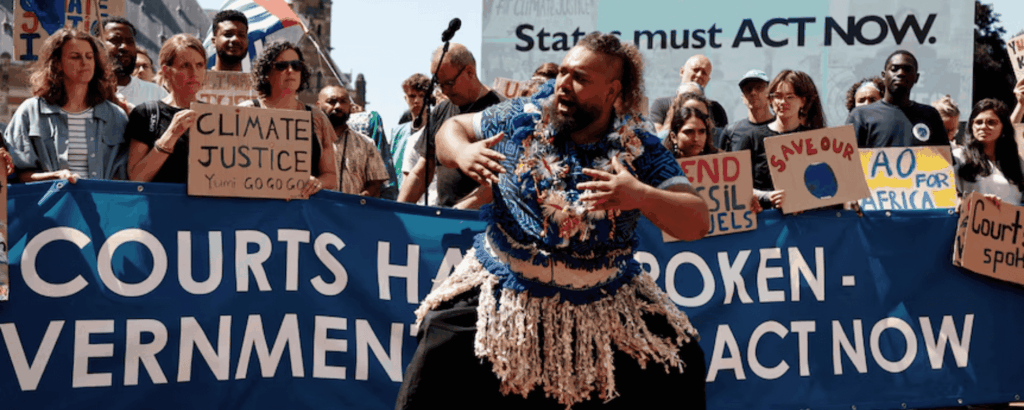Just weeks ago, Australians made it clear at the ballot box: climate action matters. Voters rejected climate denial, dismissed the nuclear distraction, and backed clean energy in record numbers. The re-election of the Albanese Government was, in many ways, a turning point, proof that having a credible climate policy is no longer optional but essential to govern.
But the recent approval of Woodside’s massive North West Shelf gas project extension tells a harsher truth. While we may have won important ground, the real fight is still ahead.
Two steps forward, one devastating step back
Approving decades more gas production, while communities on the NSW mid-north coast mop up after record-breaking floods and South Australian farmers battle devastating drought, is not just politically jarring. It’s indefensible.
Having this government approve new fossil fuel projects at the same time as actively campaigning to host next year’s United Nations climate conference (COP31) alongside Pacific nations who are on the front line of climate impacts, is beyond disappointing.
The Albanese Government continues to draw a line between Australia’s domestic emissions and the fossil fuels we export overseas, despite clear scientific evidence that all emissions contribute to the climate crisis, no matter where they’re burned. The reality is: new fossil fuel approvals are incompatible with a safer future.
Still, there are wins to remember
While this is a devastating blow to our climate, we must remember the progress that was made in the 2025 Federal Election.
- Australians decisively rejected the Coalition’s proposal to build nuclear reactors, backing in Labor’s plan for renewable power backed by storage, like big batteries and pumped hydro.
- The Albanese Government acknowledges the clear link between climate change and more frequent and intense extreme weather, which previous governments rarely did.
- Labor’s embrace of renewables is strong and growing, they now see it as part of their electoral identity, much like Medicare.
- And despite the missed opportunity to block this polluting project, Australia still has the opportunity to begin a necessary phase out of fossil fuels, starting by setting a strong 2035 climate target this year.
What happens now?
We take a deep breath, and keep pushing for what the science says is necessary this decade:
An end to new and expanded coal, oil and gas projects.
- Australia must stop approving new or expanded coal, oil and gas projects. Fossil fuels are driving climate change, regardless of where they’re burned, and continuing expansion puts Australian lives, livelihoods and ecosystems at greater risk.
A plan to phase-out existing coal and gas use and extraction
- The government must develop a clear, science-aligned plan to phase out fossil fuels use and extraction. This must include support for regional communities to transition fairly and create sustainable industries and jobs of the future.
Commit to science-backed climate targets
- To play its fair role in the rapid, sustained emissions reductions required globally, the best science available suggests that Australia must aim to reduce its emissions by 75% below 2005 levels by 2030, and to net zero by 2035. We need climate targets that reflect the urgency of the crisis, not political convenience.
Real leadership on the global stage
- Australia is campaigning to host COP31 with our Pacific neighbours, who are already facing climate change and rising sea levels as an existential threat. True leadership means aligning our action on climate at home with our international promises, especially our commitment to a fossil fuel phase-down.
We are at a critical crossroads. The government’s clean energy ambition is welcome, but it cannot be delivered in parallel with fossil fuel expansion. Every decision we make now either locks in more climate harm or builds a safer future.
Image by John Carney










